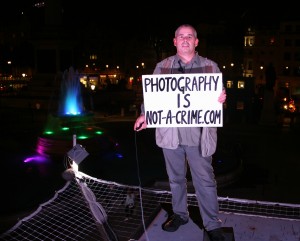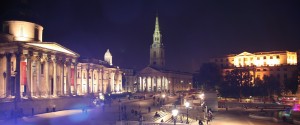As reported by HoldtheFrontPage yesterday, some photojournalism graduates from Sheffield College have been told they must resit one of their end of year exams after a mistake made by their college. More than half of the students are reportedly boycotting the proposed retake.
The college recently wrote to around 20 students to inform them that they would need to resit a law paper taken on June 4 2009.
The National Council for Training of Journalists (NCTJ) invalidated the paper because of a ‘procedural blunder’, it told Journalism.co.uk. This is thought to centre around the fact that the computers used to sit the exam had access to the web. This is the first time the college has used computers for the law exam.
In a press statement given to Journalism.co.uk, Andrew Cropley, executive director of the Norton College campus, which is home to the photography, media and journalism courses, said an investigation into how this error had occurred had been launched. He emphasised that the students were in no way to blame for the mistake.
“The college will ensure that future exams are taken in strict compliance with NCTJ procedures,” added Cropley.
“The college is totally committed to getting this right. We are proud of our press photography and photojournalism course, which has a national reputation for training some of the best media photographers in the country.”
Many students are now busy in full-time jobs, some are even thought to have left the country. Paul Johnson, now working as a press photographer at the Times and Star in Workington, told HTFP: “I am supposed to be doing my NCE in November, but I don’t now when I’m going to be able to fit it all in.”
The Sheffield course is thought to be the longest running photojournalism course in the UK.
To reduce inconvenience as much as possible, the college will reimburse all travel expenses and will create individual exam dates for students. Despite this, students are forming a protest against the ordered retake including a Facebook group against the move.
A spokesperson for the NCTJ gave the following statement to Journalism.co.uk: “In fairness to all candidates, and to protect the integrity of the exams and the industry’s standards for journalism, centres must ensure candidates sit NCTJ exams under the required conditions.”
As of yet there is no further information regarding the status of the protest.
If you are affected by the exam retakes please do get in touch with either office [at] journalism.co.uk or laura [at] journalism.co.uk.

